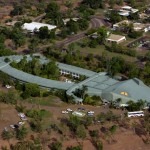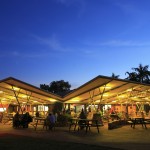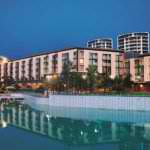Tourism and hospitality is a key sector of the Australian economy and well suited to providing strong economic benefits for Indigenous Australians. It is labour intensive, creating opportunities for employment and training, and enables Indigenous employees to connect to and promote their culture.
The tourism and hospitality investment strategy focuses on offering Australian and international visitors the opportunity to engage with and experience Indigenous cultures and peoples in an ethical, authentic and dynamic context. After a review of the strategy in 2015, Cooee Traveller was established to assist with management and product development of the IBA portfolio, as well as other Indigenous tourism ventures.





